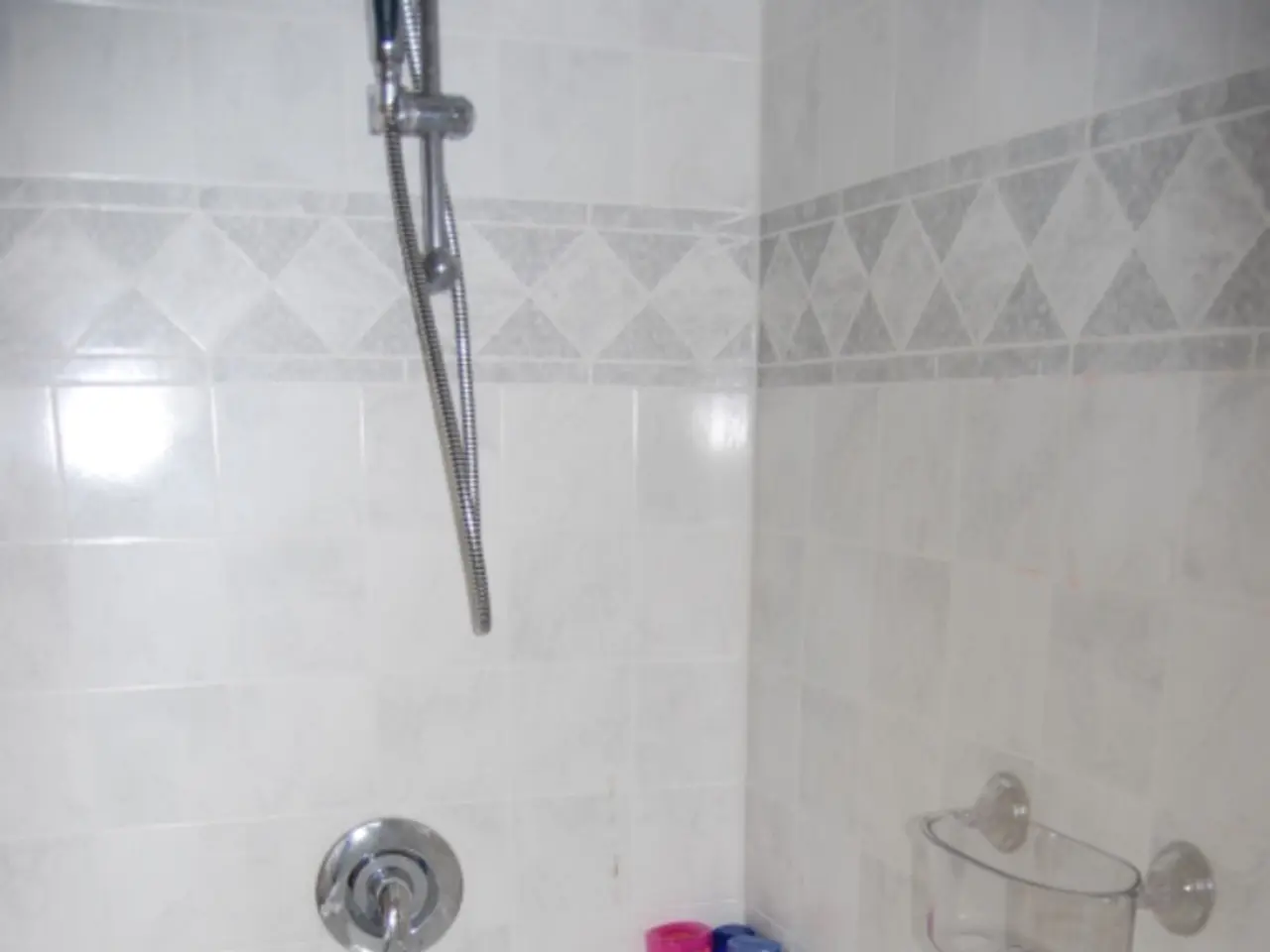Homeopathy's Unproven Effectiveness in Treating Interstitial Cystitis
Homeopathy's effectiveness in treating interstitial cystitis (IC) lacks substantial clinical evidence, according to recent findings. While some complementary therapies show promise, experts advise consulting a doctor for persistent pelvic pain or concerning symptoms.
Homeopathy operates on two principles: 'like cures like' and 'law of minimum dose'. However, large-scale trials fail to demonstrate its reliability in treating IC in humans. A 2020 study found a homeopathic remedy, cantharis, controlled Escherichia coli-induced cystitis in mice, but human application remains uncertain.
Heilpraktiker often recommend plant-based remedies, phytotherapy, homeopathy, and supplements for IC. Yet, scientific evidence supporting these methods in the dosages used by Heilpraktiker is lacking. Complementary therapies with stronger evidence include dietary changes, hydration, stress reduction, quitting smoking, pelvic floor therapy, bladder training, and acupuncture.
Despite homeopathy's popularity, its effectiveness in treating IC remains unproven. People should consult a doctor for persistent symptoms and consider evidence-based complementary therapies. Further research is needed to validate homeopathy's role in IC treatment.
Read also:
- Abu Dhabi initiative for comprehensive genetic screening, aiming to diagnose over 800 conditions and enhance the health of future generations in the UAE.
- Elderly shingles: Recognizing symptoms, potential problems, and available treatments
- Exploring the Reasons, Purposes, and Enigmas of Hiccups: Delving into Their Origins, Roles, and Unsolved Aspects
- Various forms of cataracts include nuclear, pediatric, traumatic, and additional types







